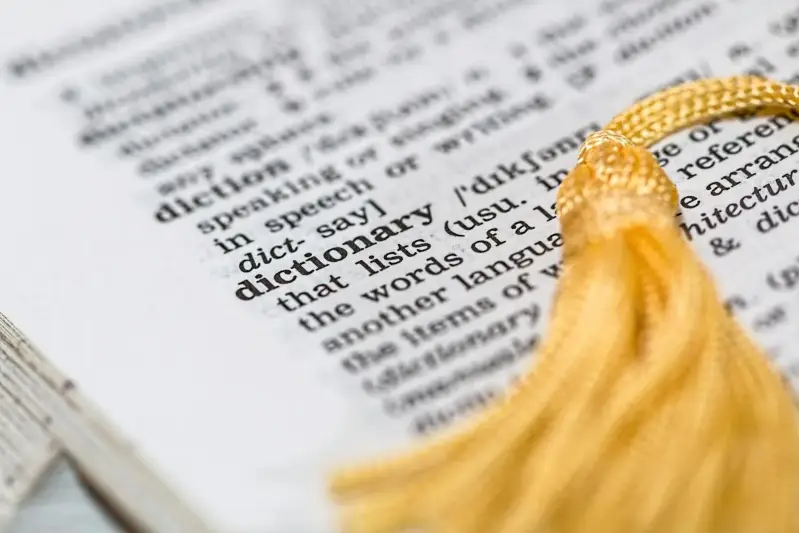Introduction
Dutch isn’t just another European language. It has its own rhythm, rules, quirks, and charm. If you’re learning Dutch—or even just curious—this blog explores 8 fascinating features that make Dutch truly one of a kind.
1. Separable Verbs
In Dutch, some verbs break apart in a sentence.
“Ik neem deel” = “I participate” (from deelnemen)
It’s tricky at first but totally logical once you get used to it.
2. Verb Second Rule
Dutch often places the verb second in the sentence—even in questions or complex structures.
“Vandaag ga ik naar school.” = “Today I go to school.”
3. “Er” – The Mysterious Particle
Dutch learners often struggle with “er”—a word that can mean “there,” act as a placeholder, or be part of idiomatic expressions.
“Er is een probleem.” = “There is a problem.”
It’s one of the most versatile (and confusing) words in Dutch grammar. That’s why we’ve dedicated an entire blog to explaining how “er” works in different contexts. Be sure to check it out!
4. Guttural Sounds (G, CH, SCH)
Dutch has sounds that don’t exist in English—produced at the back of the throat.
Example: Scheveningen, goed, licht
5. Dutch Word Order in Subordinate Clauses
In secondary clauses, the verb goes to the end:
“Ik weet dat hij komt.” = “I know that he is coming.”
6. “Hebben” vs “Zijn” in Past Tense
Dutch uses two auxiliaries to form the present perfect—just like German.
“Ik ben gegaan” (I have gone) vs. “Ik heb gewerkt” (I have worked)
Choosing between “zijn” and “hebben” depends on whether the verb indicates movement or a change of state.
7. Diminutives Everywhere
In Dutch, almost everything can be made cute with -je, -tje, or -pje.
Huisje, meisje, boekje
8. Untranslatable Expressions
From “het is gezellig” to “doe normaal”, these idioms reflect Dutch mentality and culture—and you won’t find perfect equivalents in English.
Final Thoughts
Learning Dutch isn’t just about memorizing vocabulary. It’s about understanding a system that works differently—and beautifully. These unique features are what make the language so rich and fun.

Add comment
Comments